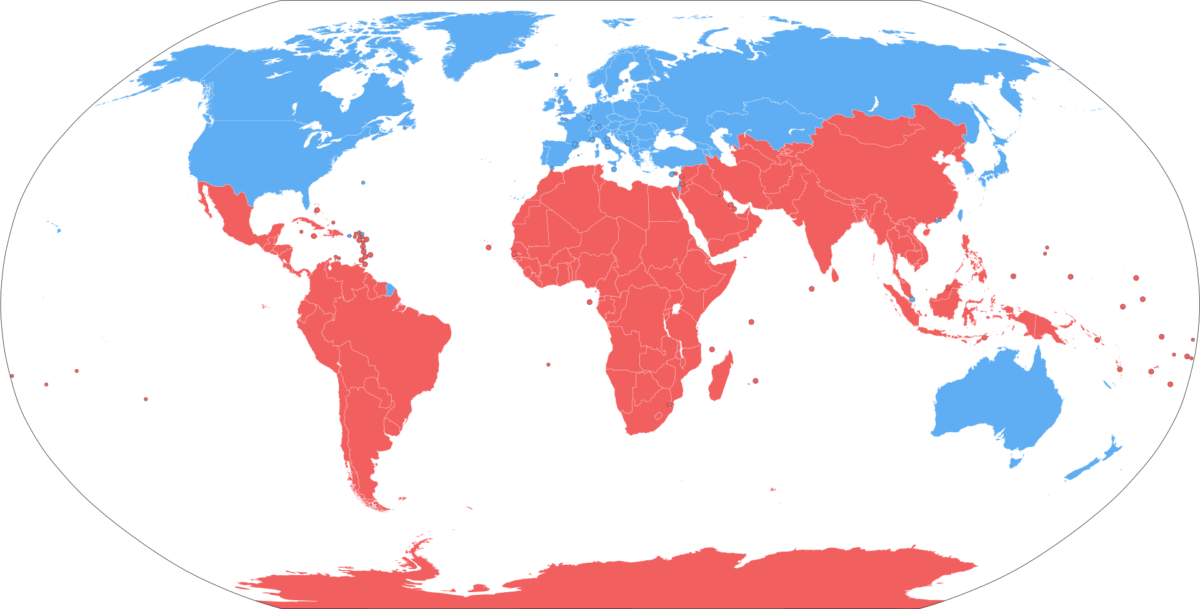Researchers from universities in Australia, Denmark, the United Kingdom, and Malawi recently published a study on how to address the solar e-waste problem created by the boom in the sale of small-scale off-grid solar products across the Global South over the last decade. They described their findings in “Towards a repair research agenda for off-grid solar e-waste in the Global South,” which was recently published in Nature Energy.
According to data from Lighting Africa, Lighting Global, and the Global Off-Grid Lighting Association (GOGLA), more than 35 million small solar off-grid products were sold in 2019. That equates to around $1.75 billion in sales, mostly in the form of solar lanterns and small solar home systems.
“Many, perhaps even the majority, of solar products sold in the Global South are described as being ‘generic, copycat and counterfeit (photovoltaic) products,' and often only have working lives of a couple of years,” the researchers said. “Even branded, small-scale solar products usually only have one-year warranties, with an expected working life of three to four years.”
The researchers said the recycling schemes currently are inefficient, due to a lack the infrastructure and institutional capacity of Global South nations, where the solar e-waste problem is most prevalent. Instead, they argued, the focus should be on repairing such devices.
“Repair is a more salient approach for addressing solar e-waste, as it addresses e-waste much earlier on in the stream, it can provide economic benefits to the communities who do the repairing, and it can operate with more decentralized infrastructure and investment, making it a potentially scalable solution to the larger problem,” they said.
The academics identified three critical areas that future research needs to focus on “to help facilitate greater focus on repair as a means to extend the lives of [off-grid solar] products.” The first is to create a detailed geography of solar e-waste products in the Global South. The second is to identify the barriers preventing the off-grid solar sector from engaging in repairable design. And finally, the researchers said they need to gain a better understanding of the potential barriers to local, informal solar e-waste repair.
This content is protected by copyright and may not be reused. If you want to cooperate with us and would like to reuse some of our content, please contact: editors@pv-magazine.com.



1 comment
By submitting this form you agree to pv magazine using your data for the purposes of publishing your comment.
Your personal data will only be disclosed or otherwise transmitted to third parties for the purposes of spam filtering or if this is necessary for technical maintenance of the website. Any other transfer to third parties will not take place unless this is justified on the basis of applicable data protection regulations or if pv magazine is legally obliged to do so.
You may revoke this consent at any time with effect for the future, in which case your personal data will be deleted immediately. Otherwise, your data will be deleted if pv magazine has processed your request or the purpose of data storage is fulfilled.
Further information on data privacy can be found in our Data Protection Policy.